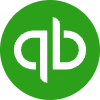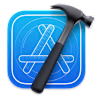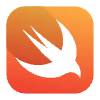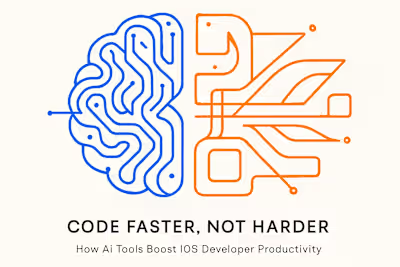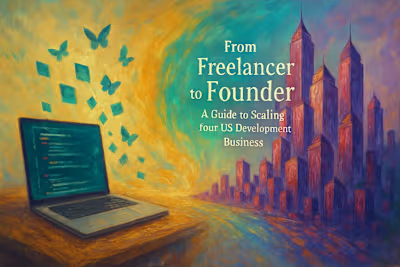Tax Time Made Easy: A U.S. Freelancer’s Guide to Money Matters for iOS Developers
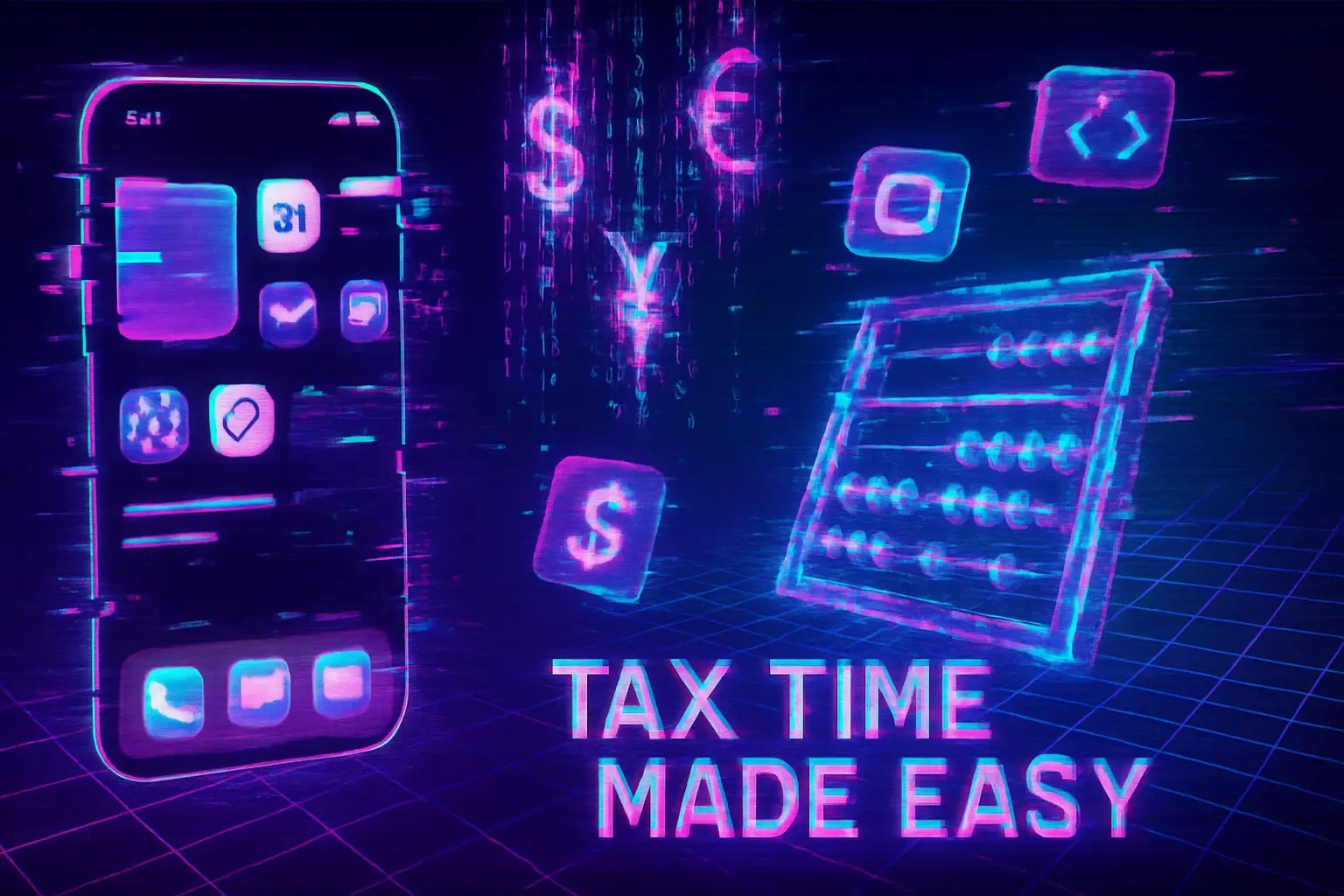
Tax Time Made Easy: A U.S. Freelancer's Guide to Money Matters for iOS Developers
Understanding Your Tax Obligations as a Freelancer
What is Self-Employment Tax?
Federal and State Income Tax
Key Tax Forms: 1099-NEC and Schedule C
Quarterly Estimated Taxes: Paying as You Go
Who Needs to Pay Quarterly?
Calculating Your Estimated Payments
2025 Due Dates for Quarterly Taxes
Maximizing Your Deductions: Common Write-Offs for iOS Developers
Home Office Deduction
Business-Use-of-Car Expenses
Software, Subscriptions, and Hardware
Professional Development and Education
Other Common Deductions
Staying Organized: Record-Keeping and Best Practices
Separate Your Business and Personal Finances
Use Accounting Software
Keep Meticulous Records
Consider Hiring a Professional
Conclusion
References
Tax Time Made Easy: A U.S. Freelancer's Guide to Money Matters for iOS Developers
Understanding Your Tax Obligations as a Freelancer
What is Self-Employment Tax?
Federal and State Income Tax
Key Tax Forms: 1099-NEC and Schedule C
Quarterly Estimated Taxes: Paying as You Go
Who Needs to Pay Quarterly?
Calculating Your Estimated Payments
2025 Due Dates for Quarterly Taxes
Maximizing Your Deductions: Common Write-Offs for iOS Developers
Home Office Deduction
Business-Use-of-Car Expenses
Software, Subscriptions, and Hardware
Professional Development and Education
Other Common Deductions
Staying Organized: Record-Keeping and Best Practices
Separate Your Business and Personal Finances
Use Accounting Software
Keep Meticulous Records
Consider Hiring a Professional
Conclusion
References
Posted Jul 6, 2025
Taxes for freelance iOS developers don't have to be a headache. Our guide covers self-employment tax, essential deductions, and how to handle quarterly payments in the U.S.

